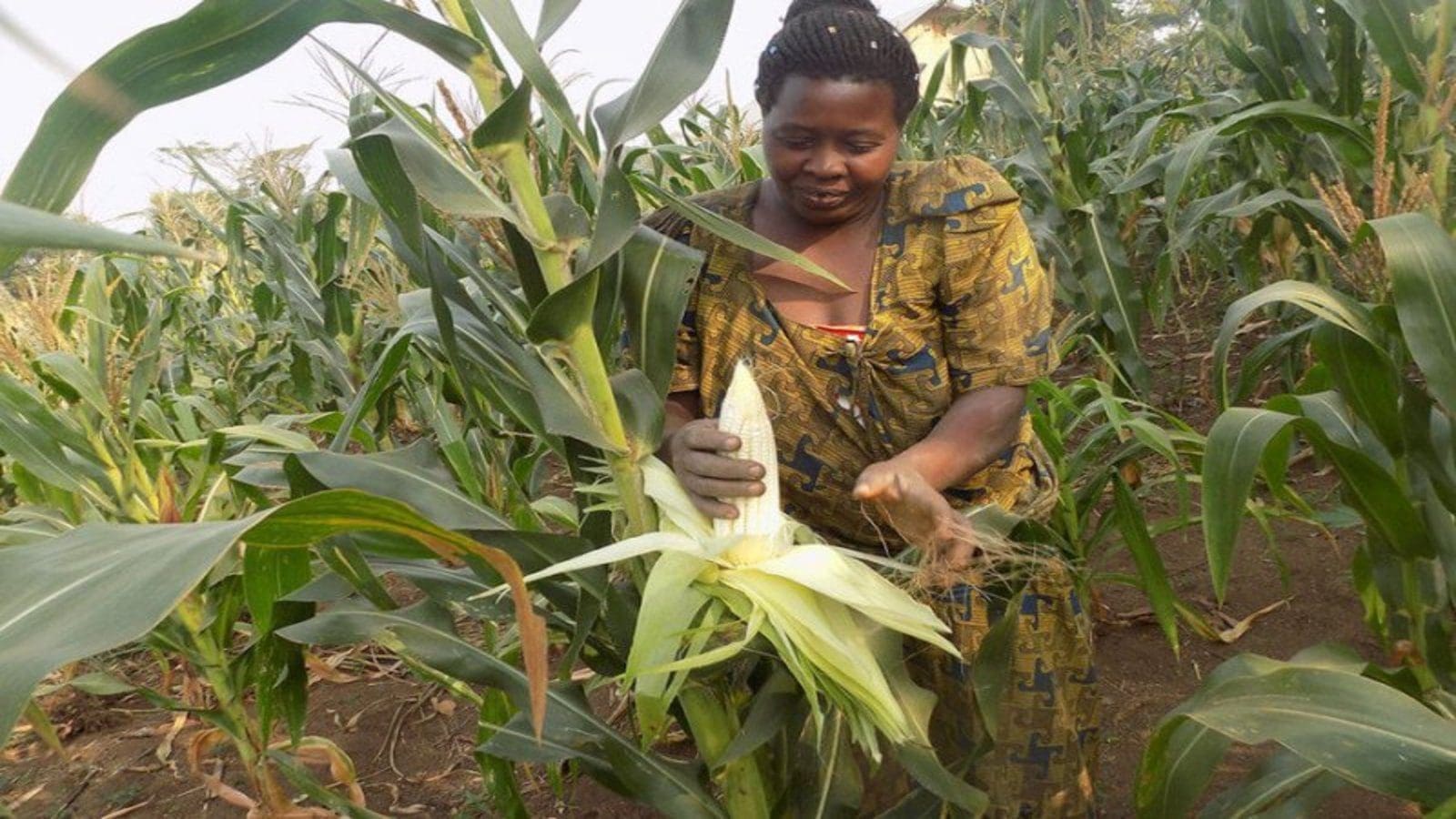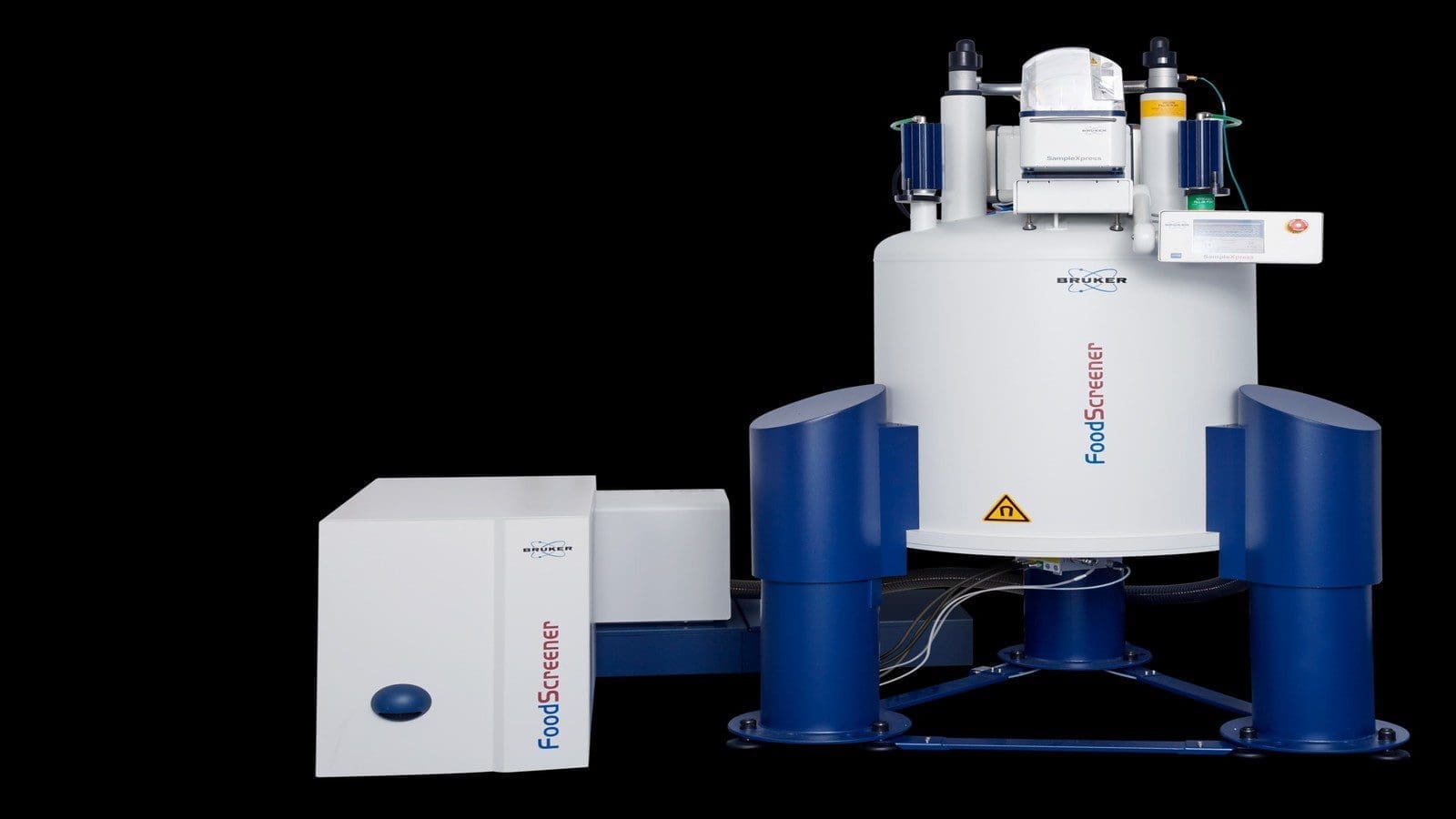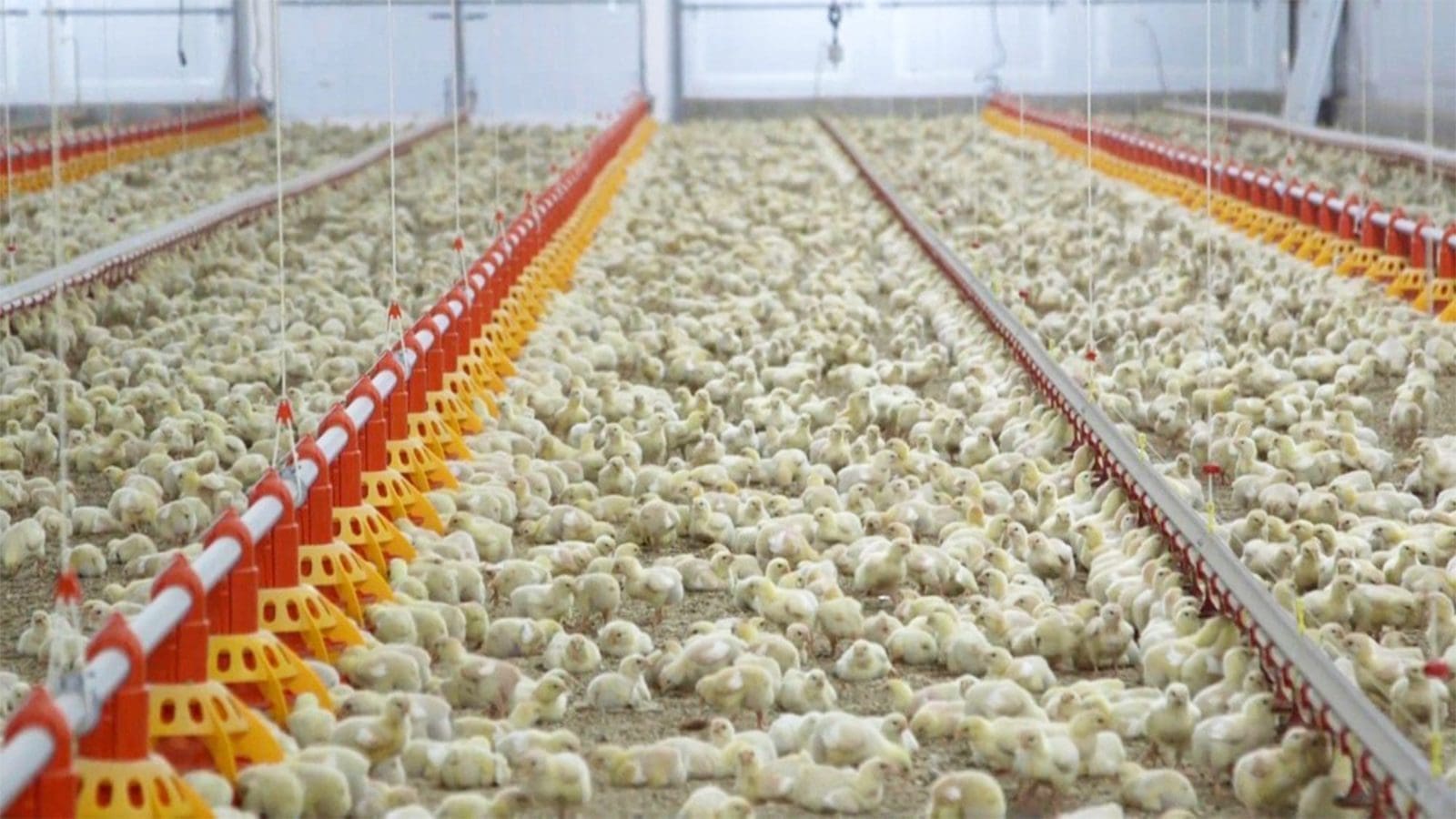UGANDA – Ugandan scientists have struggled to progress their Genetically Modified (GM) crop research beyond confined field trials (CFTs) thanks to lack of biosafety regulations to guide GM crops commercialization.
This has led scientists developing an improved GM maize variety that is drought-tolerant and insect-resistant at Uganda’s National Crops Resources Research Institute (NaCRRI), to halt their research and destroy their results.
“We have completed confined field trials for Bt maize, but we cannot apply for environmental release because we don’t have a law to guide usage of Genetically Modified Organisms (GMOs) in Uganda.”
The scientists also had to destroy the seed varieties they produced. They could not keep them for longer than a year after the CFTs were completed because NaCRRI does not have long-term storage facilities for GMOs, including fridges and cold rooms.
Erostus Nsubuga, Chief Executive Officer and chairperson of Agro-genetic Technologies, a private firm in Kampala that specializes in tissue culture and moves research work from labs to farmers by multiplying seeds, thought it was a shame for the scientists to stop their research as they were doing a great job.
Asea said Uganda wasn’t really progressing after investing lots of time in these technologies because the country’s leadership couldn’t decide whether or not to permit GMOs cultivation.
The delayed progress in biotech crops approval made the country to lose its funding for the TELA maize project to other priority countries.
The Ugandan Parliament have made two attempts in passing a biotechnology and biosafety bill to guide usage of GMOs, first in 2017 and again in 2018 with President Yoweri Museveni returning the bill to the house on both occasions.
“We addressed the issues that the president wanted addressed in the amended 2018 bill. We even changed the bill’s title from the biotechnology and biosafety bill to the Genetic Engineering Regulatory Bill to accommodate genetic engineering, but the president didn’t sign it.”
Other works of Ugandan scientists
Scientists in Uganda have been developing drought-tolerant and insect-resistant GM varieties for close to two decades.
Asea and others started lab work for the Water Efficient Maize for Africa (WEMA) project in 2008 to help farmers manage the risk of drought by developing maize varieties that yield up to 35 percent more grain under moderate drought conditions than currently available varieties. Thereafter, the scientists proceeded to develop varieties that offer both drought tolerance and insect resistance, known by the brand name TELA.
As reported by Alliance for Science, Ugandan scientists also developed other GM varieties, including cassava resistant to brown streak and mosaic disease, potato resistant to late blight disease and a bio-fortified banana rich in vitamin A and resistant to bacterial wilt.
All these varieties have shown tremendous results, but they are staring at a fate similar to that of Bt maize unless the country adopts a biosafety law.
“It is frustrating for scientists who have devoted almost their entire time to develop these varieties but now have to stop them.”
GMOs in African countries
Though Uganda will now fall behind, several African countries are pushing to commercialize GM crops. They see biotechnology as one part of the solution to improve food security and end hunger for their communities.
Kenya, for instance, has progressed its research in Bt maize past confined field and national performance trials. The East African country is now on course to commercialize the higher yielding food crop next year and farmers are already clamoring for the seeds.
It is the same situation in Nigeria, where confined field trials of the GM insect-resistant and drought-tolerant (TELA) maize has shown outstanding results.
Ethiopia, meanwhile, has approved commercial cultivation of Bt cotton and field research for GM maize. Farmers in South Africa are already growing TELA maize commercially.
Dr. Geoffrey Arinaitwe, an agronomist and part of the team who started lab work to develop a GM banana in Uganda described how frustrating it is to “develop a product and know it works” but be unable to take it to the farmers because of legislative inaction.
“It is frustrating. Very frustrating. I am now old, almost retiring. Soon, I won’t be able to continue this kind of work. But what do I have to show for all the time I have put in? All the nights I have spent in a lab? Nothing. If people knew how painful it is to stay in a lab for the entire time until you are able to create banana from a cell, they would be more understanding of our disillusionment.”
Ugandan researchers are hopeful the country will one day pass the law and researchers can deliver their products to the farmers.
Liked this article? Subscribe to Food Safety Africa News, our regular email newsletters with the latest news insights from Africa and the World’s food safety, quality and compliance. SUBSCRIBE HERE








